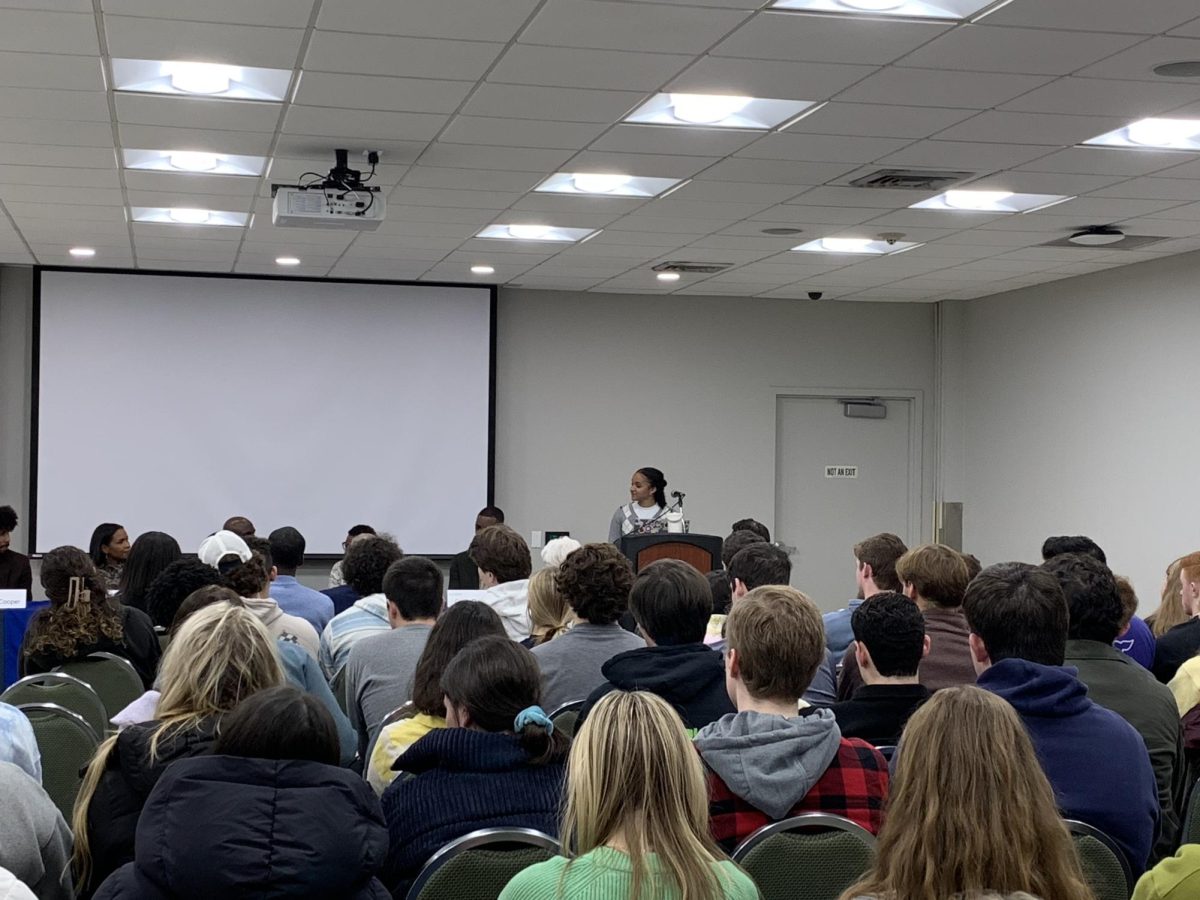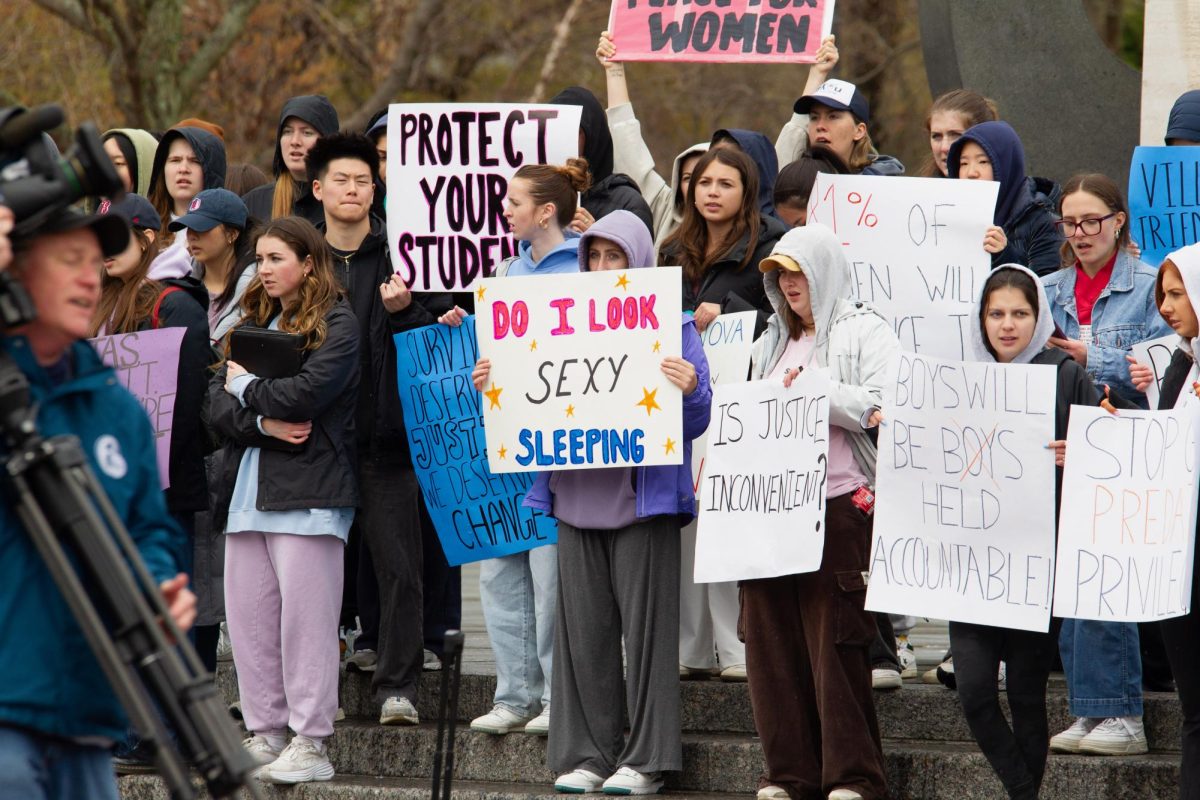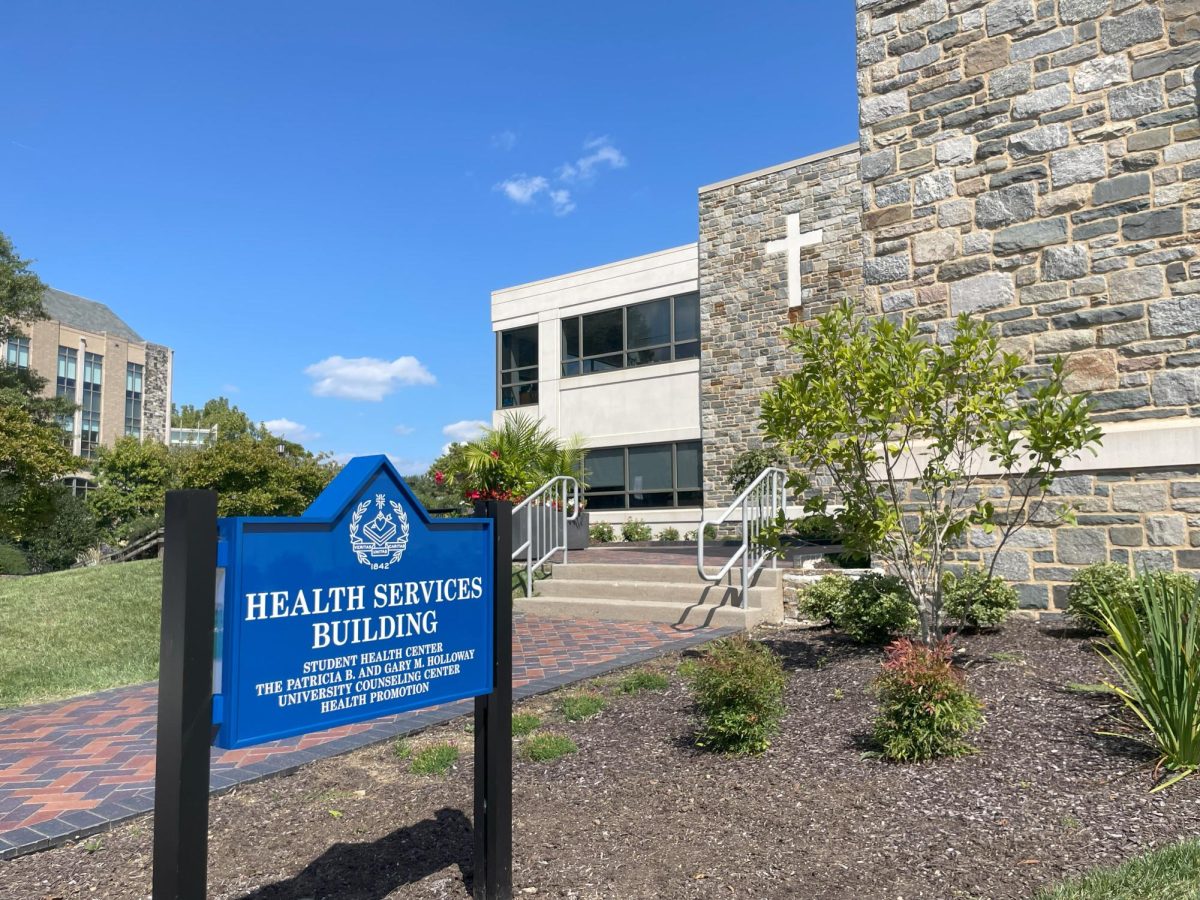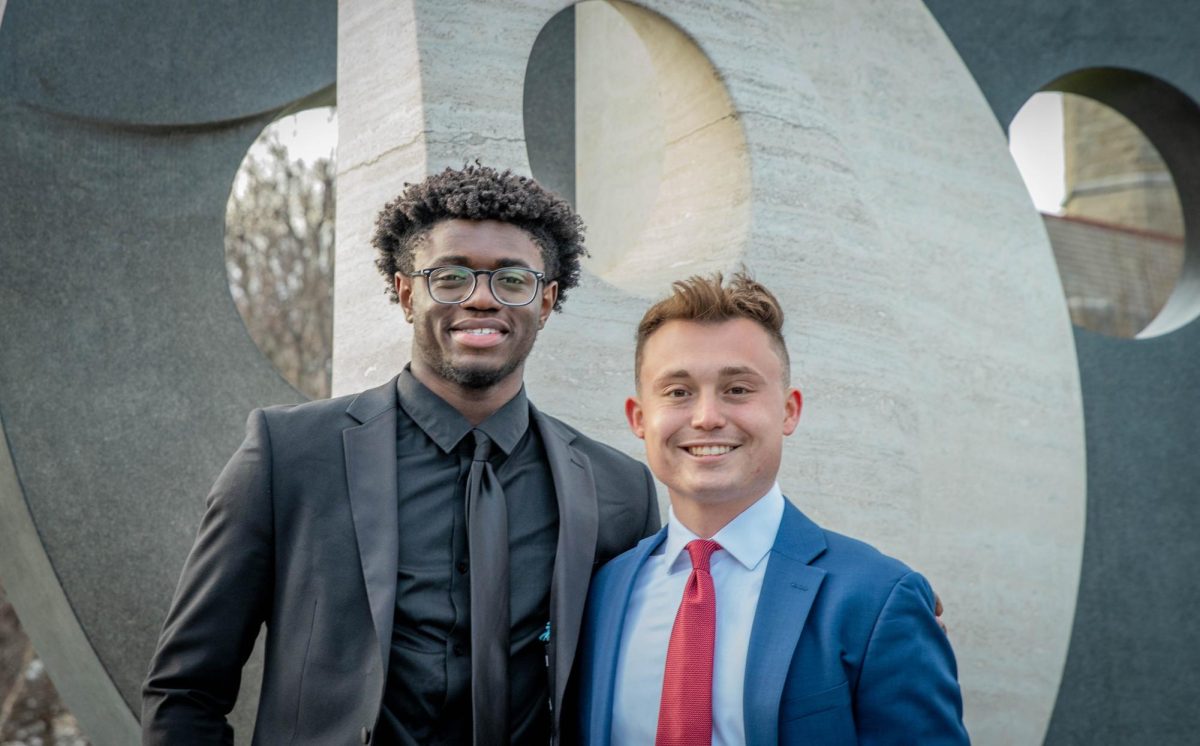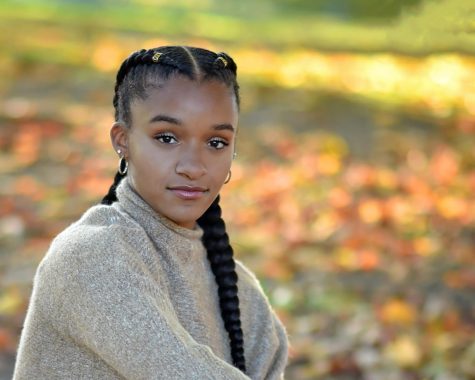On Feb. 10, the Communication Department hosted a roundtable discussion featuring five Black journalists who discussed their stories and experience within the field. The discussion was moderated by former news editor for The Villanovan, Lydia McFarlane, a senior studying political science and communication.
“I’m really trying hard not to fangirl right now,” McFarlane said, kicking off the event by explaining her admiration for each of the journalists on stage.
Panelists were first asked about how they got into the field of journalism, and while each arrived to where they are now by various means, all echoed a similar sentiment of the vitality of representation.
Solomon Jones is a writer for The Philadelphia Inquirer, radio show host and accomplished author.
“[I had a] feeling that I got that my voice mattered,” Jones said.
Jones has been in the field for quite some time, and opened up on how he has navigated his career.
“Yeah, my hate mailbox is full,” Jones said with a laugh. “But what I do is important, so I don’t really care,” Jones said, in spite of these cruel critiques.
To all who infiltrate his mail in response to his writing, he frankly encourages them to “read [his writing],” emphasizing that whether people love it or hate it, at the end of the day, they’re still tuning in.
Erin Coleman, an anchor at NBC10 News Today, shared her story of dedication and ambition, one that ultimately resulted in her being a prominent figure within the field. During the discussion, she highlighted how crucial it is to diversify each news outlet, noting that “diversity in the editorial is so necessary.
Corey Davis, a reporter from 6ABC Action News, echoed Coleman’s point.
“It goes beyond the writers,” Davis said, emphasizing the necessity of diversifying the staff as a whole.
The other panelists recognized the importance of “having a seat at the table,” in a field in which representation is everything. Specifically, many expressed their critique of how news outlets fail many of the Philadelphia communities in terms of coverage. Kenny Cooper, a reporter at WHYY news, explained that, for several of these communities, there is solely “only crime coverage,” but that many outlets fail to return and “do a community story.”
“It perpetuates a stereotype,” Davis said in agreement.
Coleman noticed the extent to which it was hurting locals within said communities.
“Why do we only see you when something bad happens?” Coleman said she is often asked.
When it comes to covering Philadelphia as whole, each journalist asserted the perspective that they are able to offer is both unique and critical.
“The history of this city is my history,” Cooper said. “[I write to] challenge existing narratives about the suburbs.”
“How has being Black shaped your journalist experience?” McFarlane asked the panelists.
The question prompted an array of answers.
“I’m always thinking about the fact that I’m Black,” Jones said. “I’m always bringing everything that I am to everything I do.”
“[It] makes it much more laborious, but at the end of the day, I think it gives me that unique perspective,” Cooper said.
McFarlane later built upon the question in asking the panelists whether they felt that they were held to a higher standard as a Black journalist.
“I feel like Black people are held to a higher standard in general,” Resolve Philly’s Dionicia Roberson said.
Coleman built upon the unique perspective she is able to share, specifically in sharing her experience reporting in 2020 following the murder of George Floyd. In a field in which many are encouraged to leave their personal experiences and opinions away from the anchor desk, Coleman affirmed it only added to her ability to cover the events that unfolded.
“I brought my experiences as a Black mom to the anchor desk,” Coleman said.
During the Q&A session following the panel, many students in attendance asked for the professionals’ opinion on where the field was headed in light of artificial intelligence. While all admitted that they can’t give a concrete answer, they assured the audience that there will always be a demand for credible and unique perspectives in journalism.
“We need passionate young people,” Coleman said.

